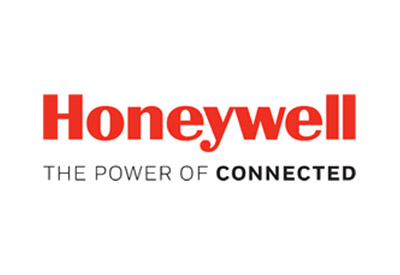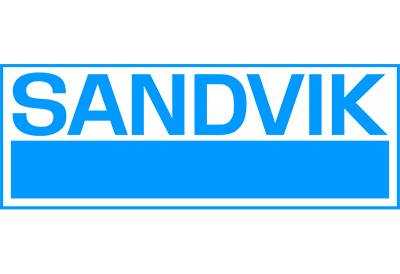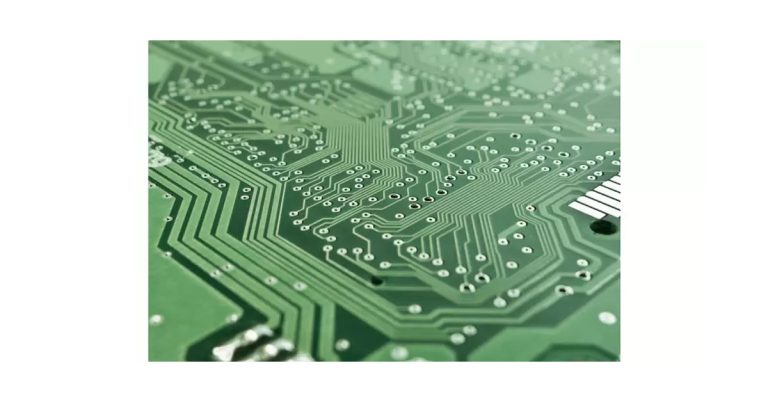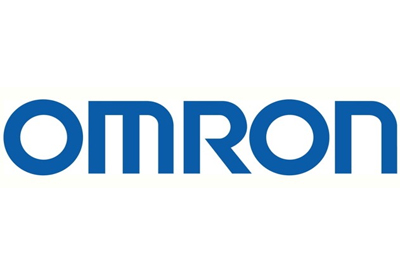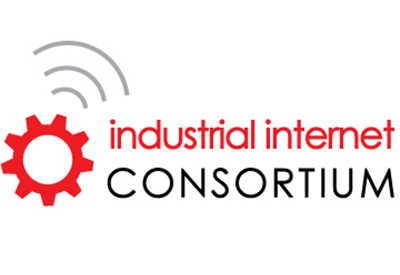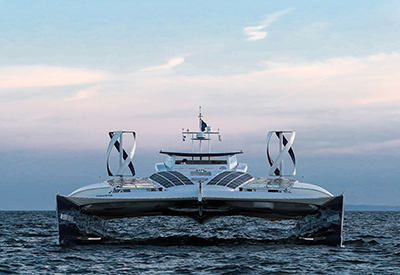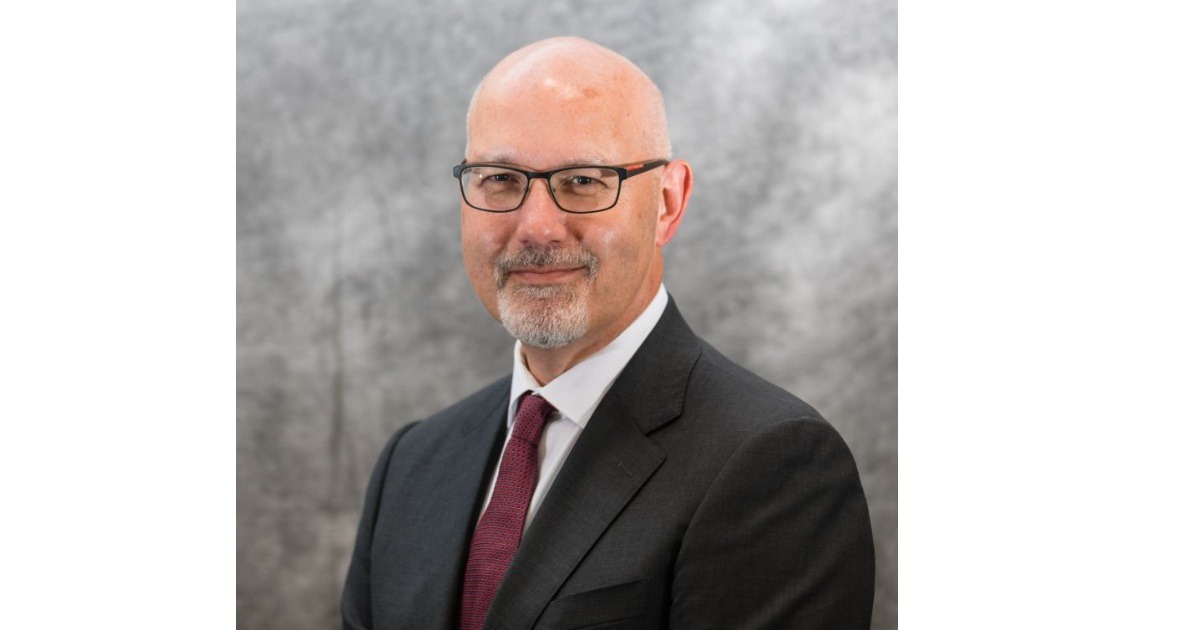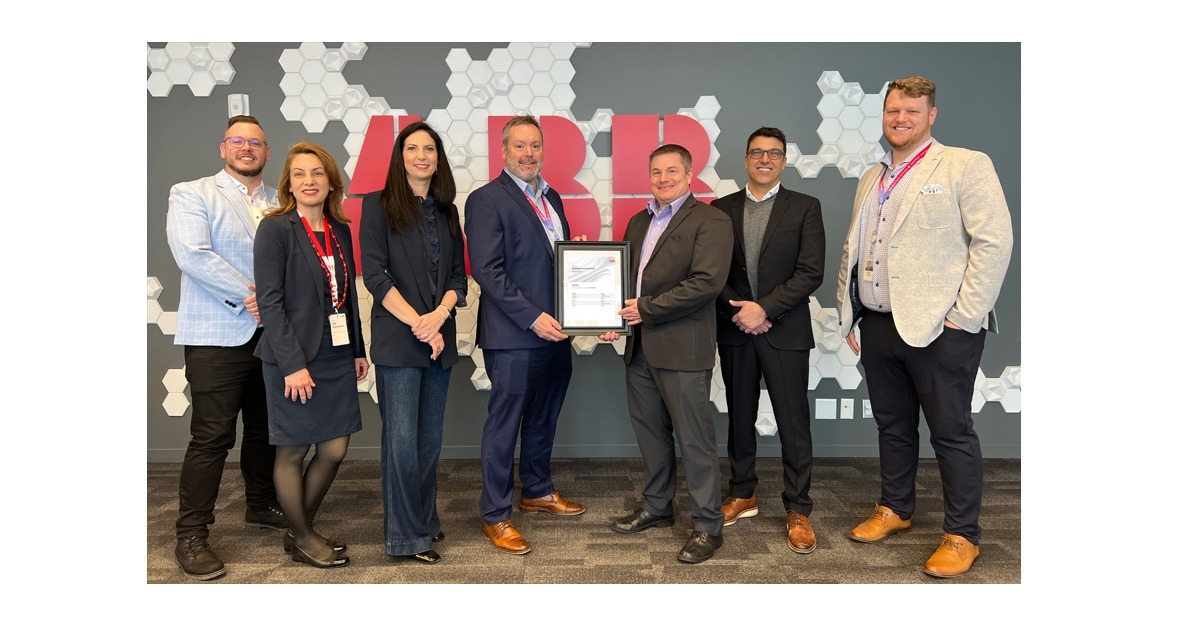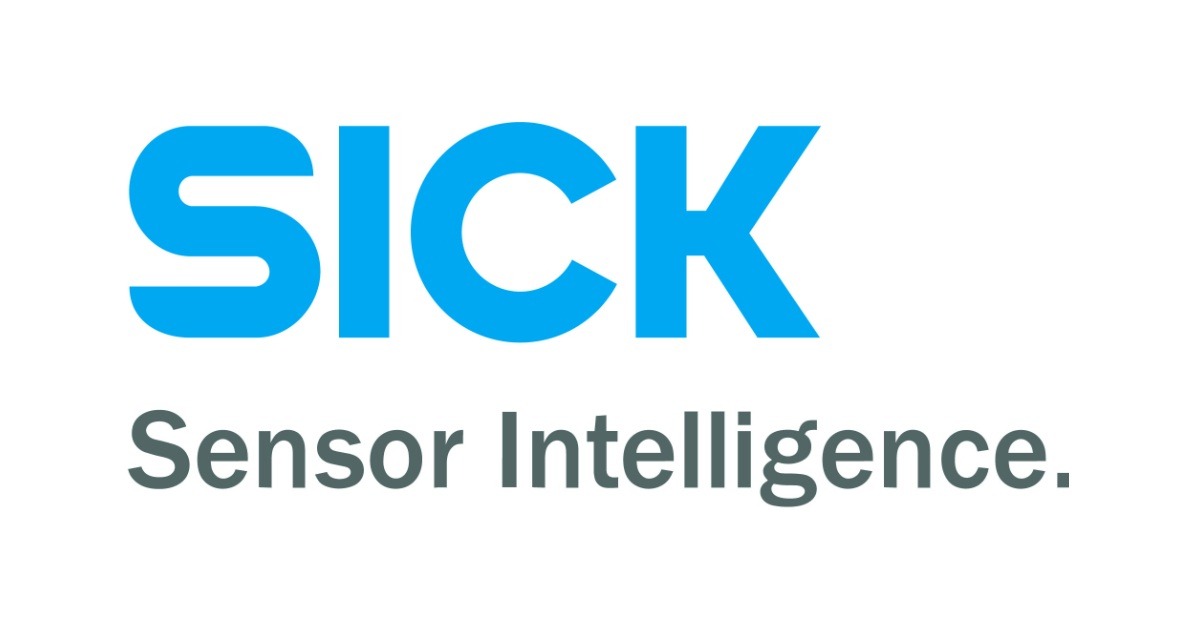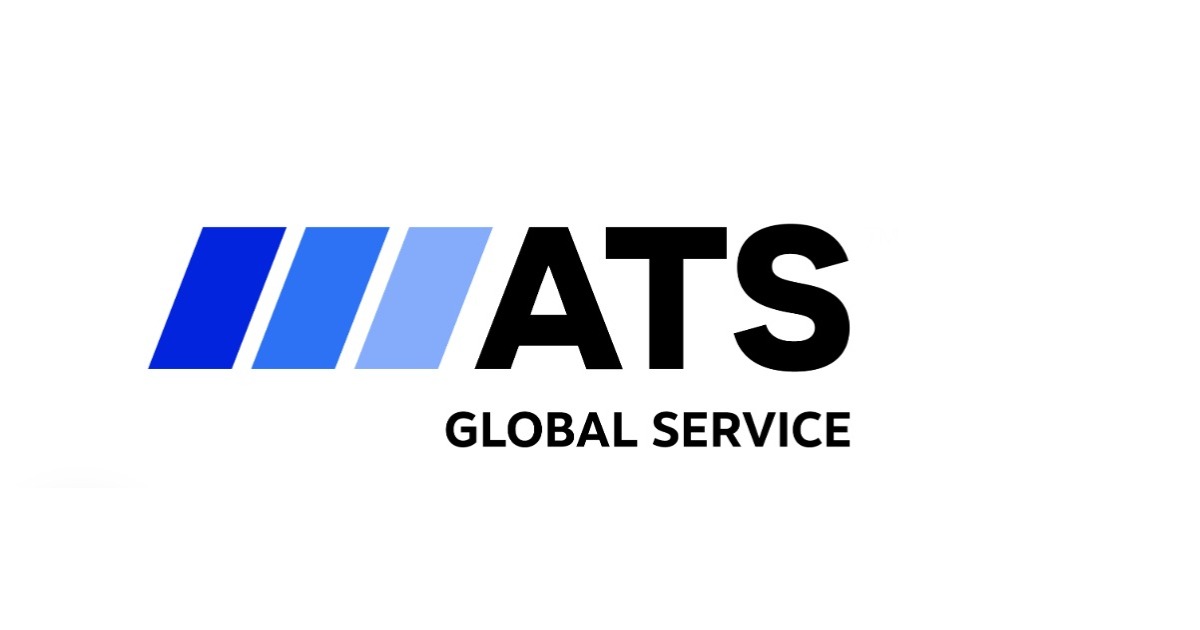Industrial Cloud Communication is Being Standardized
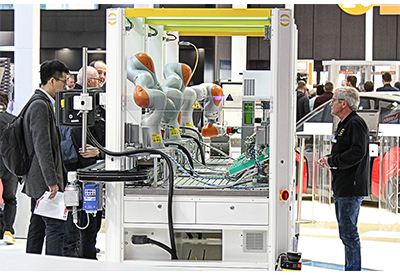
March 21, 2019
Over the last few years, cloud computing has become widespread with an increasing varietyof solutions from various providers. The problem: Different specifications and incompatible interfaces increase the effort and make the connection across cloud boundaries very complex. Therefore, HARTING is involved in an initiative for a uniform in standard for cloud-wide communication. The results will be presented at the HANNOVER MESSE 2019.
Two-thirds of German companies already use cloud computing. The combination of different service models has recently increased, according to the analysis in the “Cloud Monitor” by KPMG and Bitkom. The authors expect that in the foreseeable future, hardly any companies will miss the subject of cloud computing.
Requirements for cloud services in mechanical and plant engineering
In addition to the large cloud providers , component , sensor and actuator manufacturers , platform providers as well as machine and plant manufacturers also rely on their own cloud infrastructure or platform solutions . More and more machine and plant operators are using the digital service offerings offered there such as condition monitoring or predictive maintenance.
From a user perspective, these digital services are advantageous, but not without problems. They intervene in their own IT infrastructure , have access down to the field level, receive sensitive production data and can, if necessary, change machine parameters online. The number of external companies that require access to their own systems is increasing. For machine operators, the constant control and safety-related safeguarding of such services is therefore essential.
Providers of cloud-based systems and services face the challenge of increasing communication and data sharing complexity. The different cloud infrastructure and platform solutions result in multi-cloud applications with various proprietary application and transport protocols as well as different security standards. The lack of interoperability increases the effort and prevents and enforces new business models.
Initiative for the standardization of industrial cloud communication
HARTING supports the standardization initiative DIN SPEC 92222 , which currently consists of 31 companies, associations and research institutes . Here, the communication of machines (or so-called edge devices) in the cloud of a manufacturing company as well as cross-company to other cloud systems is considered. “The new standard is intended to ensure the interoperability and communication between participating IT subsystems and physical devices. The standard is aimed particularly at operators and manufacturers of machines and systems that offer and use cloud-based services and systems, as well as providers of remote services, “says Christoph Legat, Software Professional of the Expleo Group. The technology company is in the lead in the standardization initiative and will use a demonstrator to demonstrate an exemplary use of cloud connectivity at HARTING (Hall 11 / Stand C15) at the HANNOVER MESSE.
The DIN SPEC 92222 implements a reference model for the industrial ” Cloud Federation “. The goal: A consistent and standardized communication from the field device to multi-Cloud – application based on OPC UA . Companies such as Bosch, IBM, Fujitsu, Kuka, Microsoft, VDMA and Bitkom as well as research institutes of Fraunhofer are involved.
The aim of universal and standardized communication is to minimize the number of technologies, standards and standards to be used. As a prerequisite for a multicloud infrastructure, uniform interfaces are defined for routing between clouds . It is worked out which transport protocols should be used for which application. In the concrete implementation is determined how z. B. the parameterization and the provision of necessary components (eg brokers, relays or routers) should be made. Furthermore, requirements for uniform authentication and authorization are created.
Presentation of the results on HANNOVER M ESSE
The initiative will demonstrate its practical standard at several booths of HANNOVER MESSE with application examples. The presented functionalities are immediately usable for users. For example, two application examples will be presented at the HARTING booth with the Edge Computer MICA ®.
- Process Monitoring via Artificial Intelligence: The Expleo Group demonstrates the use of Artificial Intelligence for process monitoring of machines. Based on data provided, the Expleo Group’s SmartANIMO application can learn the behavior of connected machines and use this knowledge to detect even the smallest deviations in the process without manual intervention and to assess their impact on the overall system effectiveness;
- Condition monitoring of industrial robots : The HARTING HAII4YOU production plant will connect a second demonstrator as part of the Cloud Federation. The objective is the data acquisition of the robots installed in the production cells and the subsequent condition monitoring within the SmartA NIMO application of the Expleo Group .
In both application examples, the HARTING MICA ® forms the link to
Cloud Federation-compliant transmission and provision of necessary data to the production cloud and the subsequent evaluation in the Expleo Supplier Cloud . Today, HARTING’s Edge Computer is MICA ® used in many applications with cloud gateway functionalities. The Linux-based container architecture and open-source software such as Node-RED make it possible to connect to many cloud services such as Microsoft Azure, AWS or the Telekom Cloud by simple wiring of message flows. The standardization initiative will further simplify the integration of such gateway functionalities for the user.
Advantages for mechanical and plant engineering
The claim of the reference model s for industrial cloud Federation is a practical concept . The results are suitable for developers ( Developer-Ready ) with conformity rules and implementing measures as for example, a predictive – Maintenance – application can be implemented. Work aids and documents should be presented in Q2-2019 .
There are five concrete advantages for mechanical and plant engineering:
- Control and Security: Clear compliance rules keep plant operators in control of their data and infrastructure;
- Better maintainability: Consistent application and transport protocols will significantly reduce the maintenance effort of an application;
- Neutrality of solutions: Uniform standards do not make operators dependent on a particular platform. The integration effort of another cloud solution is significantly reduced;
- Enabler for new business models : Communication from the field level to the cloud and access from the cloud to the machine is simplified and supports new service models such as pay-per-use concepts;
- Fast availability: Due to the practical approach and the involvement of many relevant players, many applications are available immediately and further solutions in the foreseeable future.
For more information, visit https://www.harting.com/DE/de/aktuelles/unternehmen/die-industrielle-cloud-kommunikation-wird-standardisiert.

